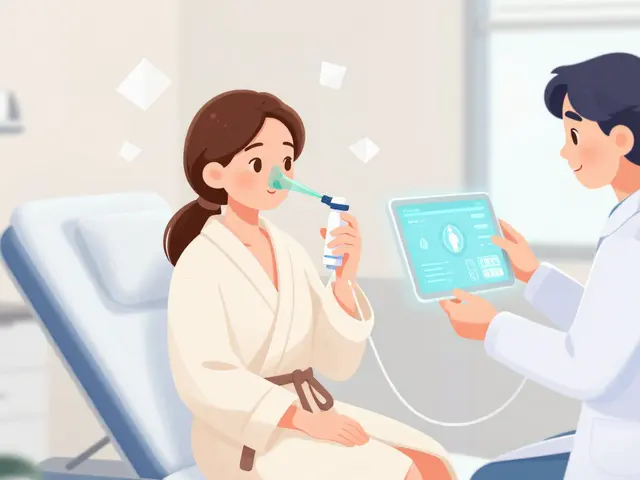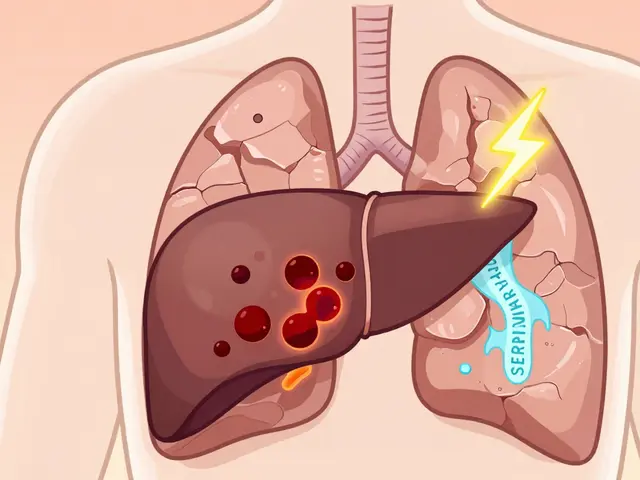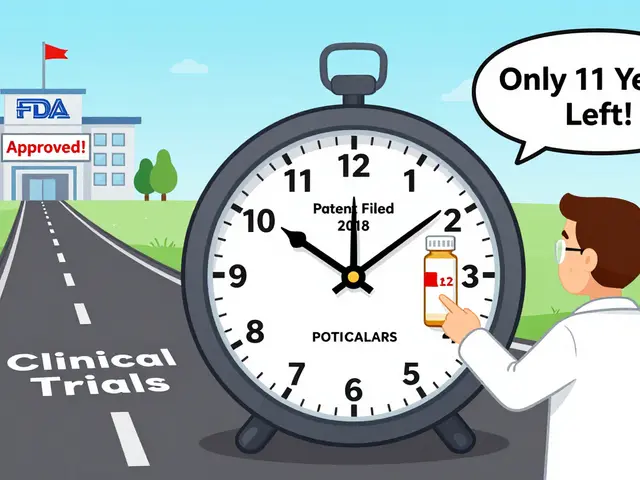Corticosteroid: Uses, Risks, and Practical Safety Tips
Corticosteroids are powerful drugs that fight inflammation and suppress the immune system. Doctors prescribe them for asthma, arthritis, skin conditions, and autoimmune diseases. They work fast, which makes them great for flare-ups, but they also have real risks when used long-term or at high doses.
There are different kinds: topical creams, inhalers, oral tablets, and injections. Topical corticosteroids treat eczema and psoriasis with minimal systemic effects when used properly. Inhaled corticosteroids reduce airway inflammation in asthma and COPD. Oral and injected corticosteroids reach the whole body and are used for severe inflammation, like flare-ups of lupus or giant cell arteritis.
Common side effects and how to spot them
Short-term side effects often include mood changes, trouble sleeping, increased appetite, and fluid retention. Long-term use can cause weight gain, high blood pressure, diabetes, osteoporosis, cataracts, and visible thinning of the skin. If you notice new bruises, worsening thirst, muscle weakness, or changes in vision, tell your clinician—these can be signs that dose adjustments or tests are needed.
Using the lowest effective dose for the shortest time lowers risk. For inhalers and topical creams, follow application instructions—rinse the mouth after inhaled steroids and use the smallest effective cream amount. Never stop oral or injected corticosteroids suddenly; your body may need time to restart natural steroid production.
Smart and safe use
Ask these questions before starting corticosteroids: Why do I need this drug now? Is a local treatment an option instead of a systemic one? What dose and for how long? Are there non-drug strategies that might reduce the need for steroids? Get clear answers, and if treatment lasts more than a few weeks, discuss monitoring plans like blood pressure, blood sugar, and bone density checks.
Drug interactions matter. Some antibiotics, antifungals, and HIV drugs can change steroid levels. Vaccines with live microbes are usually avoided while on high-dose steroids. If you take diabetes meds, expect dose tweaks—steroids often raise blood sugar.
For planned surgery or sudden illness, tell the surgical team and ER staff you take corticosteroids. They may need to give stress-dose steroids in emergencies because long-term use can blunt your body's stress response.
If you’re worried about dependence, tapering is the right way to stop long courses. Tapers vary by dose and duration—your clinician will tailor the plan. For short bursts (a few days) many people stop without tapering, but longer than two weeks usually needs a gradual reduction.
Want practical help? Keep a medication card with drug name, dose, start date, and prescribing doctor. Track side effects in a simple notebook or app and bring it to appointments. Trust your instincts—if something feels off, call your clinician. Corticosteroids can be lifesaving and safe when used carefully.
If you want to read more on our site, check articles on inhaled steroids, steroid side effects, and tapering plans. For personalized advice, always see a clinician who knows your medical history. Keep questions ready for your appointment and bring a current medication list. Stay informed.
The use of betamethasone for treating epidermolysis bullosa
I recently came across the use of betamethasone for treating epidermolysis bullosa, a rare genetic skin condition. This powerful corticosteroid can help reduce inflammation and alleviate the painful symptoms associated with the disorder. Topical creams and oral medications containing betamethasone are often prescribed by doctors to manage the condition. However, it's important to note that this treatment is not a cure and long-term use of corticosteroids may have side effects. Overall, betamethasone can provide relief to those suffering from epidermolysis bullosa, but it's crucial to work closely with a healthcare professional to ensure the proper dosage and duration of treatment.
Read More





